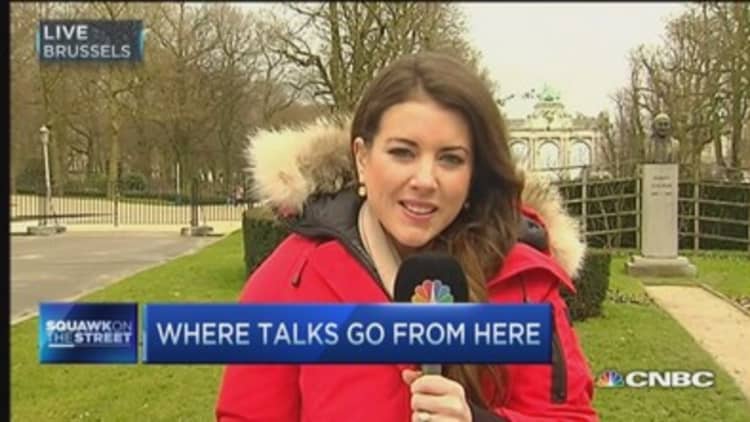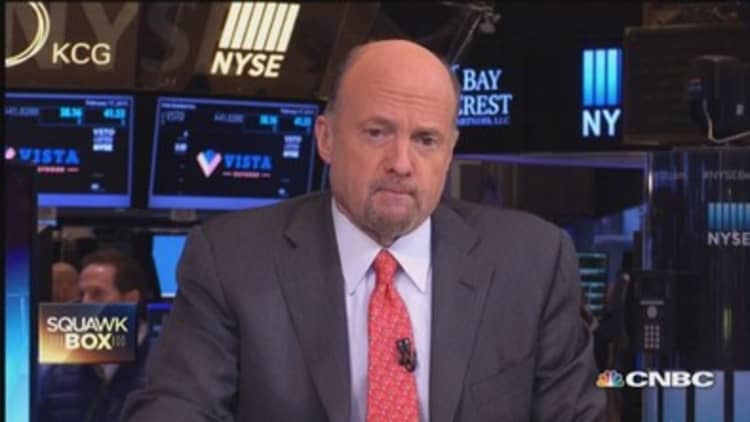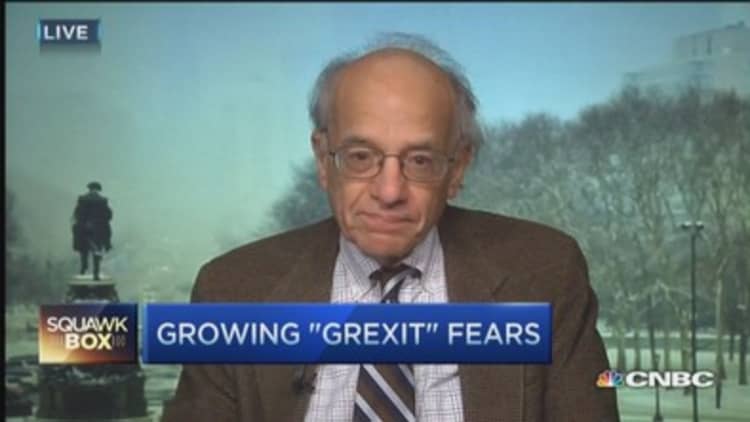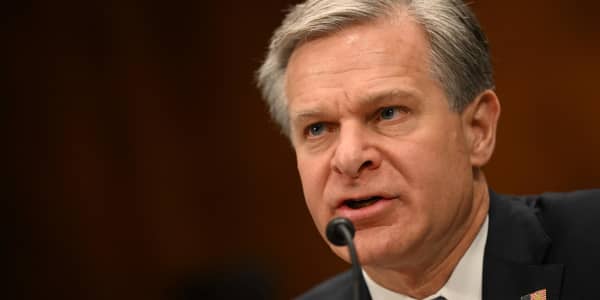


When newly elected Greek Prime Minister Alexis Tsipras returned to Athens from his trip to Brussels last Friday, he discovered an envelope stuffed with 575 euros in cash on his desk. Stumped, he reportedly asked his aides what the money was for and was told that it represented typical reimbursement for per diem expenses for trips abroad. "You're kidding," he responded. And then, according to news reports, he promptly returned the money.
His action is a signature Tsipras move. Ever since his election in late January, the country's youngest prime minister ever—he's only 40—is telling long-suffering Greeks exactly what they want to hear: Things are different now; the era of austerity is over. The new Greek government, led by the radical-left Syriza, has turned the page and will weed out corruption domestically and tear up and renegotiate the stern terms set by the beleaguered country's creditors for its $270 billion bailout.
"After five years of bailout barbarity, our people cannot take any more," the leftist leader, branded a rebel by the international press, told the 300-member parliament.
Although Greeks are worried about the uncertainty ahead, they seem to love what they are hearing; polls show that Tsipras is enjoying approval ratings of as high as 80 percent.
But whether he can deliver on his promises, at least in terms of coming up with anew deal for Greece from its creditors, remains to be seen. For the second time in two weeks, talks between the Greek government and the Eurogroup to reach an agreement on how to move forward before the terms of the bailout expire on Feb. 28 ended in an impasse on Monday.
Fears that Greece will be forced to leave the Euro zone are stirring once again—and markets once again slid. "We must be logical and not ideological," scolded the EC's Commissioner for Economics and Financial Affairs Pierre Moscovici at a news conference in Brussels after Monday's talks broke up.
In response, Tsipras and his iconoclastic finance minister, Yanis Varoufakis, now infamous for their unorthodox tie-less fashion sense, insist that the whole package needs to be renegotiated from the beginning—and a bridge loan granted until that happens. A request for an extension of the existing agreement, what the Europeans want, said Varoufakis, is out of the question.
For now the duo seems to be plowing ahead aggressively, even recklessly, some say, with their agenda. "They are playing a very high-stake game of poker," said Marios Evriviades, professor of international relations at Panteion University.
At the moment, it isn't clear who has the stronger hand. Some observers view Tsipras' tactics as a shrewd show of brinksmanship; others say the tough-guy approach is foolish and bound to fail. Whether the turn-Europe-upside-down approach will work in the long run and result in a compromise of some sort that will save face for both Greece and its European partners or end in disaster is anybody's guess.
Economic realities may make Tsipras soften his stance as they sink in. Indeed, the government's January tax revenues were off by 20 percent, raising real fears that Greece may not be able to pay its bills come the end of the month. Nonetheless, Tsipras seems determined to stand by the mandate for change that Syriza received from Greece's electorate.
Europe’s newest revolutionary
"His is a leadership of principled rebellion," said Nikolas Katsimpras, an adjunct lecturer at Columbia University's School of Continuing Education Negotiation and Conflict Resolution program. "He wants to stand up and disrupt the status quo. This is what he thinks he's doing, at least, but that is different than whether he is actually doing it."
So far, Greeks don't seem to mind either way. They just seem happy that someone is sticking it to the Europeans. In the last two weeks, thousands have turned up at rallies to support Tsipras and his government in Salonika and Athens—and in other cities around the world, including Paris, where "Je Suis Syriza" posters popped up.
"The public loves it because they have been feeling humiliated," said Alexis Papachelas, the editor of Kathimerini, a leading Greek daily newspaper. "They love that he's raising his voice against the Germans and Brussels."
Read MoreGreece: Who wants what and why
But Tsipras, a state-educated civil engineer, is hardly a firebrand. He speaks softly, slowly, carefully crafting his sentences and delivering them in a serious, calm tone. As demonstrated during his first address to parliament.
He almost seems Zen-like, keeping his cool amidst the chaos. He doesn't bellow or wildly flap his hands. He doesn't spew slogans in rapid-fire fashion, either. Instead, his oratorical cadence is measured, deliberate, reminding many political observers of legendary political maverick Andreas Papandreou, the socialist leader who served as prime minister in the 1980s.
He is anything but careless. Quite the contrary, he is very calculated and believes he has a mandate from his people.Mike MyattCEO coach and author of several books about leadership
"He's not an explosive personality like Andreas, but he sounds like him," adds Papachelas. "He's quiet—someone who really thinks about his next move. He's not a very spontaneous man."
This is a self-assured rebel with a velvet voice who carefully considers every word he delivers. Each move he makes is loaded with symbolism. He delivered his victory speech from the steps of the University of Athens, a more populist spot than the more sedate traditional setting of the Zappeion, a formal ceremonious building in the heart of Athens. Among his first actions: He solemnly laid flowers at a World War II memorial to fallen leftists and ordered the removal of the concrete barricades in front of parliament.
And when he and radical economist Varoufakis' hit the international circuit on a whirlwind tour of Europe last week to make their case for a new deal, their brash approach, even the casual way they dressed, seemed to make a statement to the world that this was not going to be politics as usual anymore.
Read MoreGreece's Twitter diplomacy
Diplomats these men are not. They behaved like scrawny little boys throwing a tantrum in the playground so the big boys would notice. "It's been more of a show than anything substantive," said Nicholas Economides, an economics professor at New York University's Stern School of Business.
But the tactic worked, at least as a public relations maneuver. Suddenly not wearing a tie became a badge of political cool, and the two men became darlings—the dynamic duo, if you will—of the European left. A British paper even called Varoufakis—who showed up for his meeting with his British counterpart wearing a black leather coat and an untucked open-collared blue shirt—"a rock star."
The dynamic duo?
In many ways, Varoufakis is playing Robin, to Tsipras's Batman. And for the moment, Robin seems to be front and center and drawing the most headlines. Tsipras, in contrast, comes off as a mild-mannered, soft-spoken leader with an innocent smile. European Parliament Chairman Martin Shulz even playfully teased him in front of the cameras as if he were a naughty little boy for not wearing a tie.
One expert, management and leadership professor Robert Bontempo of the Columbia Business School, said it's all part of a brilliant political strategy. "It's called mad-man theory," said Bontempo, who predicted Varoufakis's time in the spotlight will be short-lived. "If I were Varoufakis, I wouldn't quit my day job. He will be the sacrificial lamb. Tsipras will blame him if the plan fails, and then it will allow him to be perceived as the more reasonable one."
It may be too early to tell if Tsipras is going to be a daring caped crusader with principled convictions determined to carry out his promises for change or if he will be a bold, reckless leader with a high threshold for risk. Perhaps he's just a shrewd political player willing to let his partner, Robin, take the bullet for him in order to achieve the seemingly impossible and come out the hero.
One thing is certain, however. Greece, for the moment, at least, is in the hands of a skilled politician, albeit an inexperienced one. "He is anything but careless. Quite the contrary, he is very calculated and believes he has a mandate from his people," said Mike Myatt, a CEO coach and author of several books on leadership. "He is committed to his values, and he is a leader with a vision and a plan. All that remains to be seen is whether he can deliver the goods."
At this point, Greeks can only hope that he will.
—By Dody Tsiantar, special to CNBC.com





